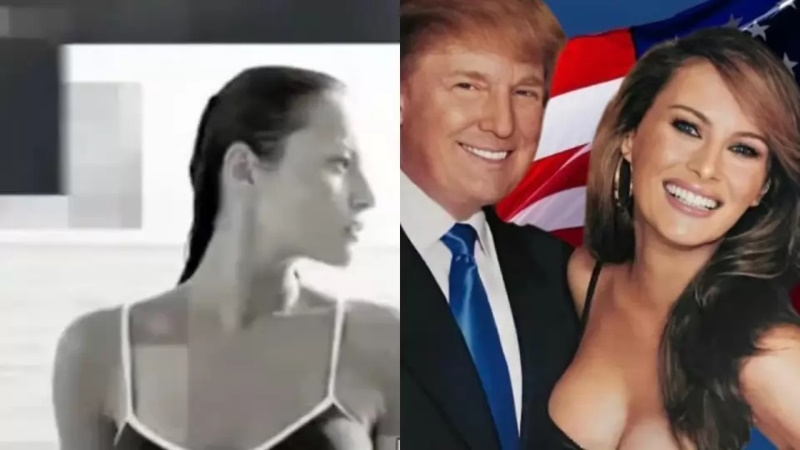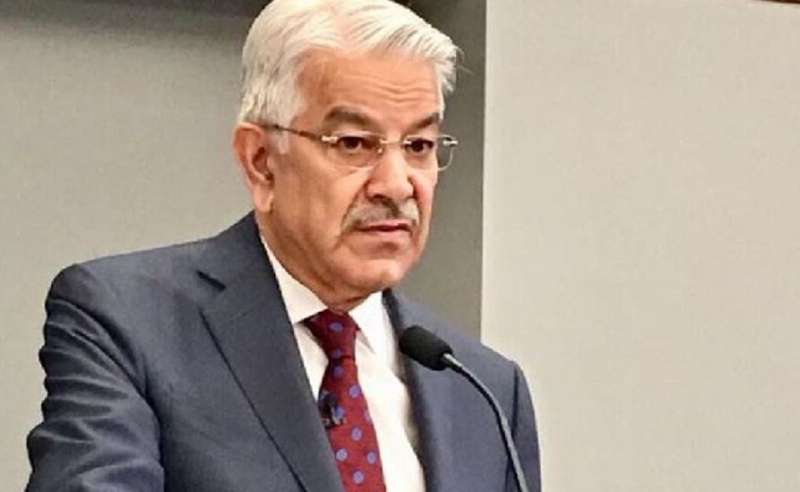 In an unexpected broadcast following Donald Trump’s 2024 re-election victory, Russia’s state-owned television network Russia-1 displayed explicit images of former first lady Melania Trump. The images, captured from her 2000 GQ magazine photo shoot, were aired during the network’s prime-time program 60 Minutes. In a segment led by anchor Yevgeny Popov, the nude photos were shown as a “tribute” to Trump’s landslide win, with the anchor remarking that Melania is “ready to return to the White House.”
In an unexpected broadcast following Donald Trump’s 2024 re-election victory, Russia’s state-owned television network Russia-1 displayed explicit images of former first lady Melania Trump. The images, captured from her 2000 GQ magazine photo shoot, were aired during the network’s prime-time program 60 Minutes. In a segment led by anchor Yevgeny Popov, the nude photos were shown as a “tribute” to Trump’s landslide win, with the anchor remarking that Melania is “ready to return to the White House.”
The Russian broadcast sparked controversy and public outrage, particularly in the United States, where viewers found the move disrespectful. Social media erupted as Americans voiced their embarrassment, with one user posting, “Russia is laughing at us,” and another saying, “They’re ridiculing Trump and his wife, letting them know they are owned.” This incident has left many Americans feeling unsettled about Russia’s motives behind the provocative display.
During the segment, Popov described several images in detail, including one of Melania posing aboard Trump’s private Boeing 727 and another where she reclines on furs. “The future first lady lies on top of furs in a negligee,” Popov described, highlighting the suggestive nature of the photographs. These images, from Melania’s well-known GQ cover shoot, have resurfaced in recent years but are rarely shown on television, especially in such a pointed context.
The reappearance of these images comes months after Melania Trump publicly defended her modeling career. During a promotional tour for her latest book in September, she addressed the recurring focus on her nude photos. “Why do I stand proudly behind my nude modeling work?” she asked, explaining, “Throughout history, master artists have revered the human shape, evoking profound emotions and admiration. We should honor our bodies and embrace the timeless tradition of using art as a powerful means of self-expression.”
While some have criticized the broadcast as an insult, others see it as part of a larger trend in Russian media’s recent ridicule of American political figures. The controversy highlights ongoing tensions between the two nations, underscoring Russia’s willingness to utilize provocative tactics in the realm of media. As this incident continues to trend, it has reignited conversations about media boundaries, personal privacy, and cultural differences in how public figures are portrayed.




